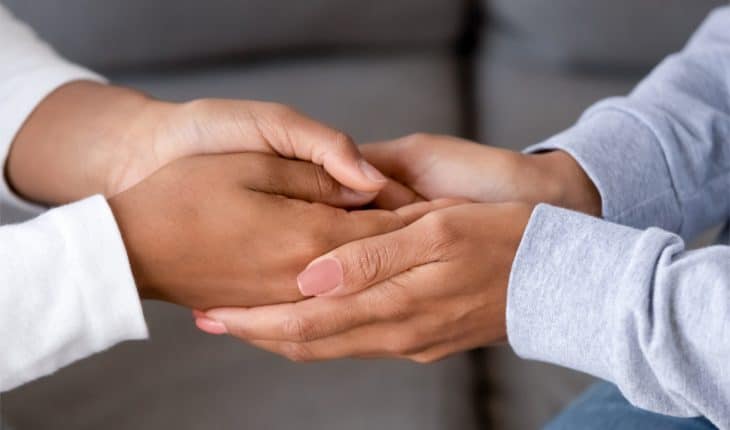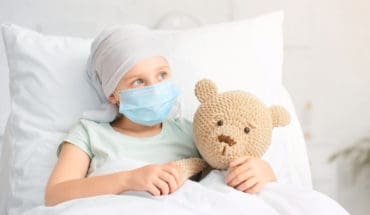The Covid-19 pandemic means informal carers need additional support now more than ever, according to UEA expert Dr Morag Farquhar.
There are an estimated eight million informal carers in the UK – the family and friends supporting vulnerable people in an unpaid role. And this number is likely to increase due to the Covid-19 pandemic.
Dr Morag Farquhar, from UEA‘s School of Health Sciences, says that informal carers are being affected by increased anxiety and uncertainty and need additional support to access help, and deal with the possibility of sudden changes, including bereavement.
She said: “Because of the Covid-19 pandemic, many people around the world have suddenly needed to take on the role of caring for someone and many of them are unprepared.
“Meanwhile, long-standing carers may have seen their role change due to self-isolation. They could also be dealing with new or exacerbated Covid-19 symptoms such as breathlessness, cough or fever to manage.
“A carer’s greatest source of anxiety and distress is not knowing what to expect or what is likely to happen, and who they should contact for help. This is at a peak right now.
“Carers are used to putting the person they support first, but they need to take care of themselves as well – for their own health and in order to continue caring.
“A difficult thing for carers right now is that they need to decide on their level of contact with the person they support during lockdown. If they don’t live with the person they care for, they will probably have had to make a hard decision on what is harmful and what is helpful.
“Another issue is that long-standing carers may potentially become ill themselves with Covid-19. This would have a major impact on their caring role and the person they care for. There are NHS and local council volunteer schemes that carers can access for support in these instances.
“Some carers may also have to face a sudden bereavement because of coronavirus, and they may not be able to be with the person they support at the end. They may then be faced with a situation where they are coping with bereavement and having to self-isolate.”
Dr Farquhar, has worked in health services research for over 30 years, predominantly in palliative and supportive care. She leads a research programme on improving care and support for patients and carers living with advanced disease.
Together with colleagues at the University of Manchester (Dr Gail Ewing and Prof Gunn Grande) she has published new guidance for clinicians on topics that should be considered during COVID-19 with the carers of very ill patients.
Photo: Shutterstock.com
- Gut microbiome could delay onset of type 1 diabetes - 3rd April 2025
- The da Vinci 5 Robot Is Set To Transform Bariatric Care: - 31st March 2025
- Beyond money: the hidden drivers fuelling child food insecurity - 31st March 2025






